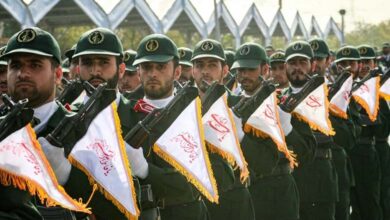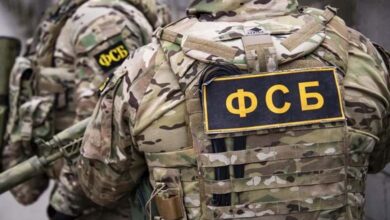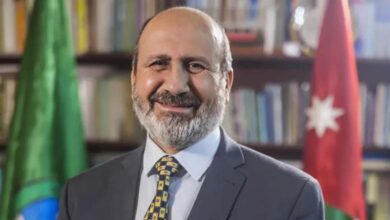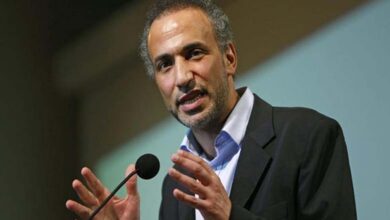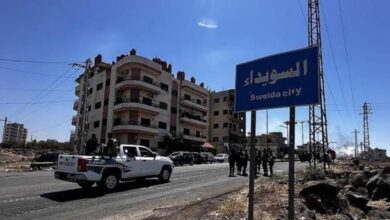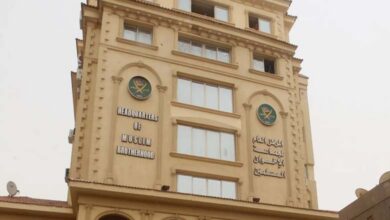Doctors Without Borders Documents Wave of Violence Faced by Sudanese in Recent Months
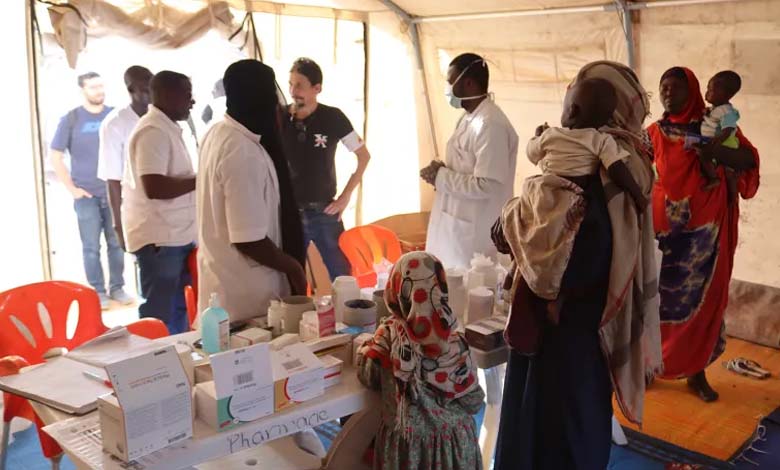
A investigative study on deaths among Darfuri refugees in eastern Chad by the Epicenter Medical Research and Epidemiology Center affiliated with Doctors Without Borders reveals the alarming scale of violence that swept through the region last June.
Refugee Camps
The study conducted by Doctors Without Borders, released on Tuesday, focused on Sudanese individuals now residing in three refugee camps in eastern Chad. It surveyed individuals who died in their homes during 2023 and the circumstances of their deaths.
Claire Nicolay, Emergency Programs Manager at Doctors Without Borders in Chad, states, “The survey results confirm certificates for about 1,500 Sudanese wounded, treated by our teams in collaboration with Chadian health authorities at the surgical unit in Adré Hospital since last June.”
One refugee who fled to Adré from Geneina, the capital of West Darfur state, mentioned, “They told us this is not our country and gave us two options: leave immediately to Chad or face death.”
Another patient treated by Doctors Without Borders in Adré stated, “They asked us about the tribe we belong to.”
Thousands of Deaths
The death rate has increased 20-fold since April, reaching 2.25 deaths per 10,000 people daily. It peaked in June, with 83% of the deceased being male, according to the report. Violence, particularly with the use of firearms, was the cause of death in 82% of cases, with the majority of deaths occurring in Geneina. A quarter occurred during people’s flight to Chad. Doctors Without Borders reported approximately one disappearance for every 20 people aged 15 to 44 during this period.
Another episode of violence occurred in November in Ardémata, northeast of Geneina, resulting in hundreds of deaths in a large displaced persons’ camp.
Nicolay states, “There were 333 wounded, mostly people coming from Ardémata with gunshot wounds, and they were treated by Doctors Without Borders medical teams and the Chadian Ministry of Health in Adré during November.”
Retrospective death study
The retrospective death study in August and September was conducted by Doctors Without Borders teams in the Tomatom, Arko, and Oure Cassoni camps, housing 6,000, 44,000, and 25,000 people respectively at that time. A representative sample of 3,093 people (household heads) was asked about the number and reasons for deaths in their families in 2023, before and after the conflict began.
Urgent aid
Doctors Without Borders emphasizes the need for significant financial, logistical, and human resources to enhance the humanitarian response, especially emergency food aid, in Adré and the surrounding camps. Their teams continue to provide a wide range of medical care (including pediatrics, maternal health, nutrition, shock surgery, vaccinations, and mental health) at Adré Hospital and various clinics and health centers. They are also working to improve access to water, sanitation, and hygiene services.
Suspension of doctors without borders’ activities
After the difficult decision to suspend its activities and evacuate the remaining team from El Geneina two weeks ago, Doctors Without Borders held talks with the Sudanese government and Rapid Support Forces to ensure the staff’s return and the neutrality of their mission. As a result, a team from Doctors Without Borders has returned to El Geneina.
IGAD meetings
According to East Africa newspaper, the Intergovernmental Authority on Development (IGAD) received negative signals from Sudan after the Sudanese military council rejected an invitation to participate in peace talks scheduled in Entebbe, Uganda, this week.
Al-Burhan refuses participation
IGAD had scheduled an extraordinary meeting on January 18 on the sidelines of the Non-Aligned Movement summit to discuss the war in Sudan. The Transitional Sovereignty Council of Sudan announced on Saturday its rejection of a new invitation from IGAD to hold a summit to discuss the country’s situation in the coming days.
The Sudanese government stated in a press release that it positively deals with all initiatives, especially IGAD‘s efforts for peace in Sudan. However, the regional bloc has not committed to implementing the outcomes of the recent summit in Djibouti by meeting with the UN Secretary-General.
The statement added that IGAD did not provide a convincing justification for canceling the meeting it called for on December 28, citing the inability of Rapid Support Forces Commander General Mohamed Hamdan Dagalo (Hemeti) to attend due to technical reasons during his tour in several areas.
The statement emphasized that the Sudanese government sees no need for a summit to discuss the country’s issues before implementing the outcomes of the previous summit.
The Sudanese government reiterated that what is happening in the country is an internal matter. The statement said, “Our response to regional initiatives does not mean giving up our sovereign right to resolve Sudan’s problem by the Sudanese.”
On the other hand, Hemeti announced accepting the invitation to attend and participate in an IGAD summit in Entebbe, Uganda, through his official page on X.
Extraordinary summit
The current chairperson of IGAD and Djibouti’s President Ismaïl Omar Guelleh has called on member states to hold an extraordinary summit in Uganda at the end of this week to discuss the situation in Sudan and the conflict between Ethiopia and Somalia. This is part of the intensive efforts by the bloc to pressure the warring parties for peace. The signing of a ceasefire agreement contributes to delivering humanitarian aid to those affected by the conflict.
The previous IGAD summit called for an immediate meeting between the Sudanese parties, aiming to integrate proposals from the Jeddah Platform and the African roadmap to resolve the crisis that has been ongoing since April 2022.




